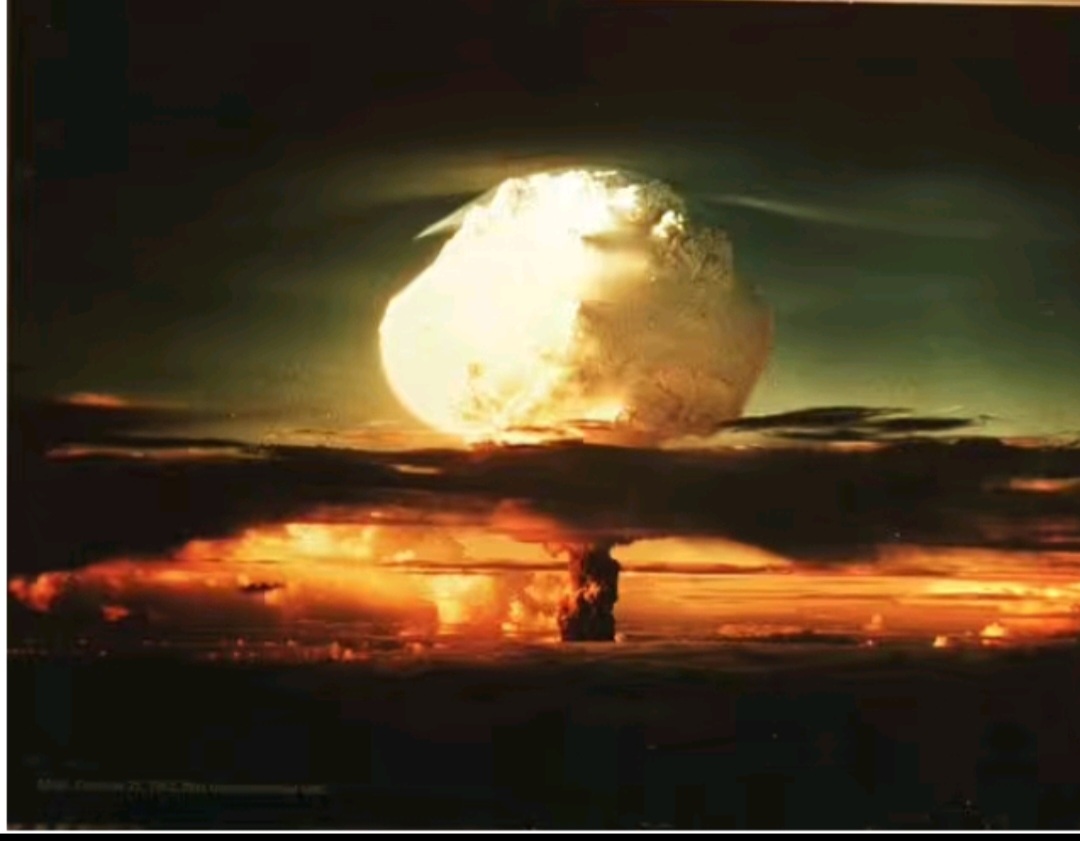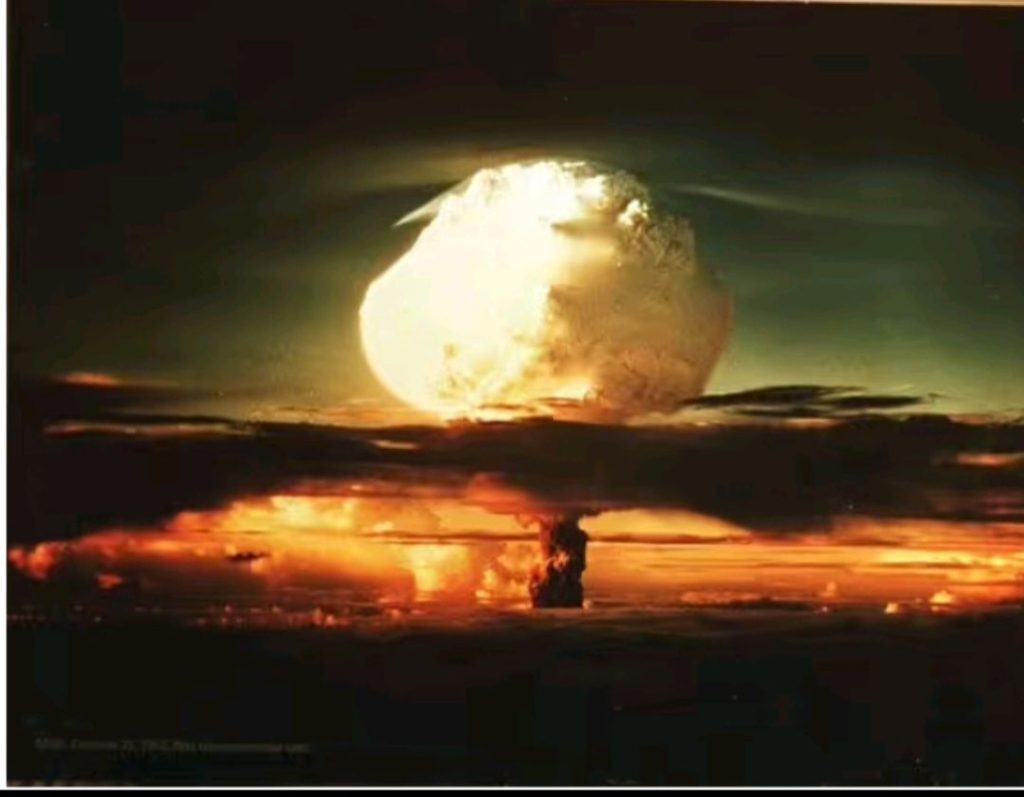
The specter of nuclear war has long loomed over international relations, casting a shadow of fear and uncertainty on the global stage. Recent warnings from experts serve as stark reminders of the catastrophic consequences that could ensue in the event of a nuclear conflict, with dire predictions of mass casualties and devastation.
Annie Jacobsen, an acclaimed author with expertise in America’s military affairs, has sounded the alarm about the imminent threat of nuclear Armageddon. According to Jacobsen, the world teeters on the brink of disaster, with the potential for “hundreds of millions” of lives to be extinguished within mere minutes.

According to Express, The urgency of Jacobsen’s warning is underscored by the precarious nature of nuclear deterrence mechanisms, where split-second decisions carry monumental consequences. In the event of a perceived missile launch from a hostile adversary such as Russia or China, the President of the United States would be faced with a harrowing dilemma, with just six minutes to determine whether to authorize a retaliatory counterstrike.
The notion of such a compressed timeframe for decision-making underscores the gravity of the situation and the immense responsibility placed upon world leaders to navigate the complexities of nuclear brinkmanship. In a matter of minutes, the fate of millions hangs in the balance, highlighting the imperative for sound judgment and prudent diplomacy in averting catastrophe.
The specter of nuclear annihilation has loomed large since the dawn of the atomic age, with the Cold War era characterized by tense standoffs and near-misses that brought the world to the brink of nuclear war. Despite the passage of time and the evolution of geopolitical dynamics, the threat of nuclear conflict remains a persistent and sobering reality in the contemporary era.
The proliferation of nuclear weapons among multiple state actors, coupled with ongoing geopolitical tensions and regional conflicts, has heightened concerns about the potential for a cataclysmic nuclear exchange. The emergence of new technological capabilities and the specter of cyber warfare further complicate the strategic calculus, raising the stakes of miscalculation and escalation.
Against this backdrop of escalating tensions and geopolitical rivalries, the urgency of nuclear disarmament and non-proliferation efforts becomes increasingly apparent. The risks posed by the continued existence of nuclear arsenals underscore the imperative for concerted diplomatic initiatives aimed at reducing nuclear stockpiles, enhancing transparency, and strengthening international safeguards against proliferation.
Moreover, the need for effective crisis management mechanisms and channels of communication between nuclear-armed states is paramount in mitigating the risks of inadvertent escalation and misunderstanding. Confidence-building measures and strategic dialogue can play a crucial role in defusing tensions and fostering mutual understanding among rival powers.




